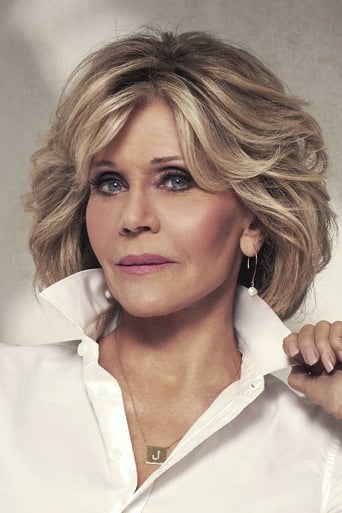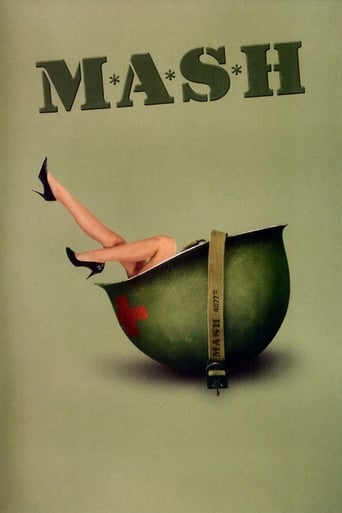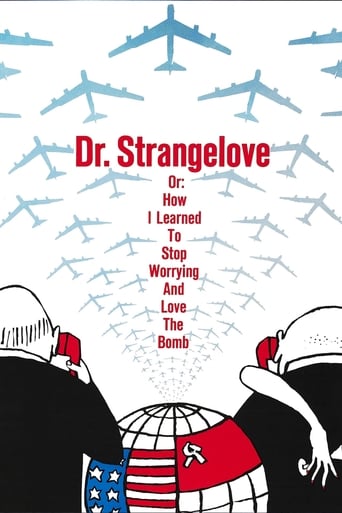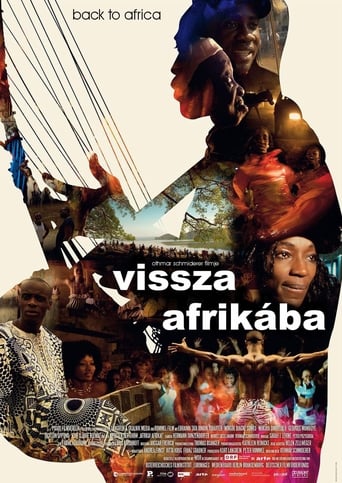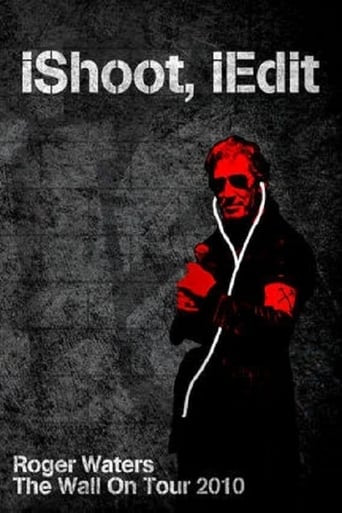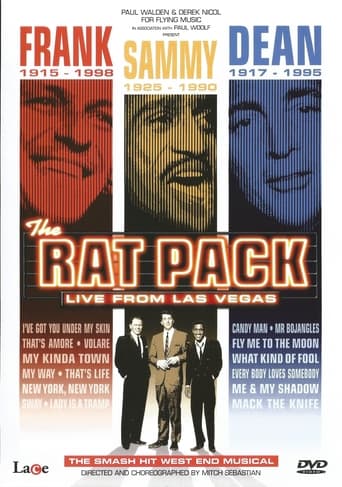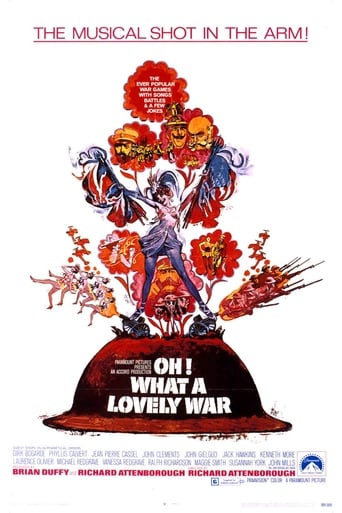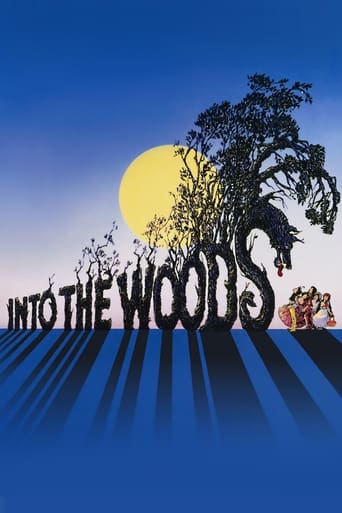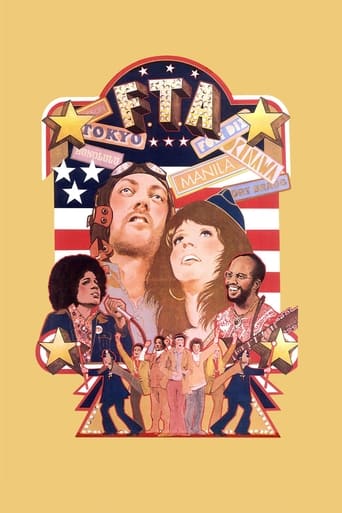
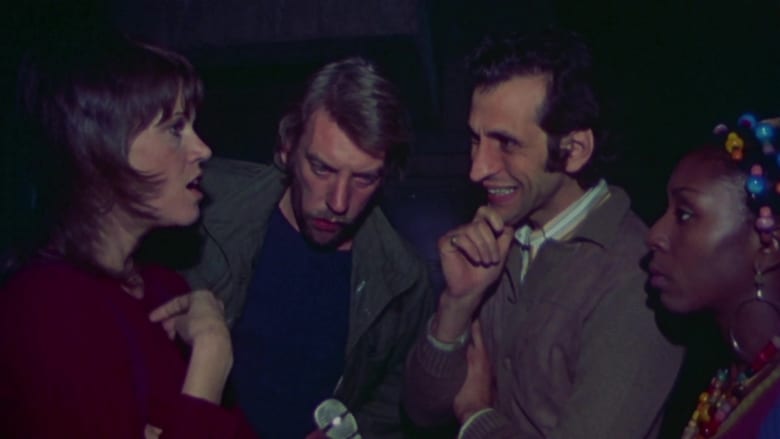
FTA (1972)
A documentary about a political troupe headed by actors Jane Fonda and Donald Sutherland which traveled to towns near military bases in the US in the early 1970s. The group put on shows called "F.T.A.", which stood for "F**k the Army", and was aimed at convincing soldiers to voice their opposition to the Vietnam War, which was raging at the time. Various singers, actors and other entertainers performed antiwar songs and skits during the show.
Watch Trailer
Cast
Similar titles
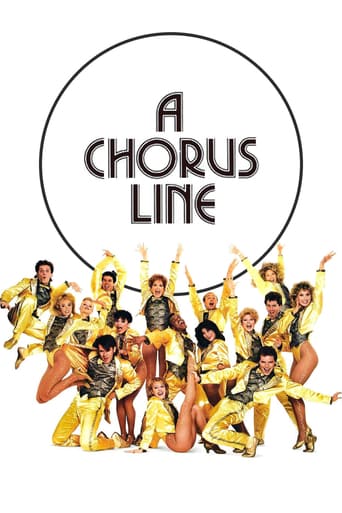
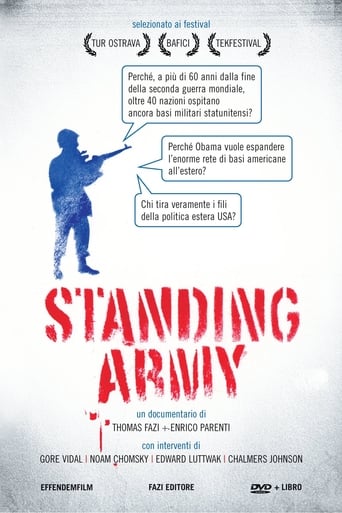
Reviews
Strong and Moving!
SERIOUSLY. This is what the crap Hollywood still puts out?
i must have seen a different film!!
Watch something else. There are very few redeeming qualities to this film.
A handful of movie stars and musicians take the audience on a journey into their protest review which traveled the Pacific Rim during the Nixon era of the Vietnam war as well as just outside American local military bases. At first, this concert of songs and sketches seems half Hellzapoppin', half Springtime for Hitler for the modern era. In spite of the laughs, blues and military brass, there's a touching sentiment to it. Jane Fonda and Donald Sutherland represent Hollywood elite, hot off the trail of "Klute" even though much of this took place before the film was released. Anti-Fonda criticizers will most likely skip this, but this will remain her opportunity to speak her mind and even sing a bit. I have no opinion on Hanoi Jane as her protest years referred to her as, with accusations of treason thrown at her, but I do admire her fight for freedom of speech. The songs do speak to peace lovers, an ironic view of the past considering our present. There's clever adaptions of famous American anthems with protest lyrics and a few heartbreaking solos which describe the agony of what the reluctant soldiers must have felt in battle. An interesting depiction of prostitutes protesting the war with their johns is an important issue made here, as is another issue of Puerto Ricans and blacks who fought at home yet pulled together during war time in peace. One number featuring Fonda seems like a spoof of Liza Minnelli in the same year's "Cabaret".
In 1971,a troop of anti Vietnam war protesters,led by Jane Fonda & Donald Sutherland toured with an anti war review that they called 'F.T.A.',which could either mean free the Army (or even f**k the Army,depending). They traveled to military bases within the Pacific Rim,where they were welcomed by a then,rising tide of anti war activists in the Military. Hours of footage was filmed & assembled into the documentary film that was briefly released in 1972 as 'F.T.A.'. The week that the film was released by American International Films,Fonda made a controversial trip to South East Asia, and after one scant week,the film was pulled from distribution & was never heard from,again (rumour has it that the Nixon Administration had a lot to do with the film being yanked). Besides the afore mentioned Jane Fonda & Donald Sutherland (who just barely two years earlier acted in the penultimate anti war film,Robert Altman's 'M*A*S*H'),the performances also included the likes of folk singer,Holly Near,and even Peter Boyle (an unknown at the time who would gain fame a couple of years later in Mel Brooks''Young Frankenstein'). Besides the performance footage,we are also treated to interviews with members of the military who had their wits end of the senseless violence & destruction that was the American intervention in South East Asia,which in addition to Vietnam,also included Cambodia (some of the enlisted men would end up in the documentary film, 'Winter Soldiers'). All was not always rosy. We get to see a performance of F.T.A. being disrupted by a couple of pro war,right wing soldiers,voicing their disfavour of the whole production (they were peacefully shown the way out). Women's rights advocate,Francine Parker directs the film (she only directed one other project:an episode of 'Cagney & Lacey'). At times, the film's pacing starts to slack a bit,but doesn't manage to lessen the film's message at all. Well worth checking out if you're an advocate for peace,anti war activist,historical buff,or fancier of the documentary genre. Spoken (mostly)in English,and Okenowian,Tagalog & Japanese with English subtitles. Rated 'R' by the MPAA,this film has some outbursts of strong language & some disturbing images that the troupe got to see while visiting the Hiroshima/Nagasaki memorial sites,while on tour in Japan
http://mrzine.monthlyreview.org/rothermel010409.html FTA -- Now More Than Ever by Jay RothermelFTA (Dir. Francine Parker, 1972).Preamble: "This film was made in association with the servicewomen and men stationed on the United States bases of the Pacific Rim, together with their friends whose lands they presently occupy." Accepting his Oscar for Best Actor, Sean Penn jokingly referred to the Academy as lovers of "commies and homos." It's a tribute to the low level of politics among our cultural workers today that Sean Penn would be surprised at acknowledgement of his performance. The Academy loves movies about exceptional heroes, whether they are overcoming physical disabilities, sports team segregation, the Holocaust, or the Roman Empire.The entertainment industrial complex also loves it when its celebrities serve as a prophylactic for US humanitarian imperialism in countries like Sudan or Tibet. (Poor Rose McGowan, conversely, hasn't been heard or seen since expressing understanding for what motivated men and women in Ireland to join the IRA.) All of which brings us to the opposite end of the movie food chain, far from the heights of Oscardom: FTA, Francine Parker's documentary about the "Free the Army" tour. Washington and Wall Street long ago erased this movie. The miracle of globalized media today, however, means we can sit at home and watch it on DVD or its showing on that greener-than-green parrot cage called the Sundance Channel.What strikes the viewer first about FTA is the humility, sense of proportion, and optimism the film has about events it depicts. We are a long way here from the old Michael Moore bazooka and the longeurs of Ken Burns, Inc.There are many similarities between FTA and the great rock concert documentaries of the same period: only a few lines of narration for context, and then getting out of the way of the performances.FTA the movie was long ago blacklisted from theaters, just as FTA the traveling political musical extravaganza was blacklisted from history. A key part of the "culture war" trumpeted by media and academic hacks of the Bill Bennett-David Horowitz-Rush Limbaugh variety (and which is itself part of a larger 30 year war against the gains of the labor, civil rights, women's, and anti-war movements) is the depiction of the those opposed to the Vietnam War as "stabbing our troops in the back." One tonic effect of FTA's DVD release and Sundance showing is to put the lie to that libel. As Washington's invasion and war against the people of Vietnam proceeded, one of the greatest concentrations of anti-war sentiment and activism was found among GIs themselves. The script for the FTA revue itself was drawn exclusively from material GIs published in their own anti-war newspapers.FTA was the product of a flourishing anti-war culture. Today we see this culture boiled down to a History Channel "flower power" documentary, histories like Tom Brokaw's Boom, and the memoirs of Senators and ex-Senators like John Kerry and Bob Kerry. But Vietnam's war of independence at its height inspired militants around the world, from Che Guevara's guerillas to the 1968 strikers in France.One of the great pleasures of FTA is the forthright energy of the performers and their audience. The GIs heard their own thoughts -- salty, sarcastic, and full of gallows humor and solidarity at the same time -- repeated back to them. The leaps of consciousness over just a few years as they rejected each rationale of the Washington war machine confirmed the anti-war movement's strategy of orienting to these "workers in uniform." The cast of the FTA revue is filled with gifted performers. They continued with their artistic careers after the U.S. anti-war tide receded. It is a pleasure to see them in their youth, energized by work that gave shape to the feelings of the immense majority. Between concerts they marched in solidarity with local activists protesting Washington's devastating "military base colonialism" in the Philippines, Okinawa, and Japan.Today one of the movie FTA's great strengths is its potential as a recruiting tool. It is the perfect length to have classes, meetings, and potlucks built around it. The moral authority of the movie is without equal: completely ignoring the pundits and the bi-partisan Wall Street war party in Washington, it lets the anti-war GIs speak for themselves.Jay Rothermel lives in Cleveland, Ohio.
The point of viewing this film is not only to see the theatrical skits performed by young stars like Jane Fonda and Donald Sutherland, but to see those skits in context, filmed as they were performed on and near military bases around the world, to audiences of American troops, as the U.S. was in the midst of the Viet Nam war. Like most vaudeville, the skits were an excuse for political and social commentary, though some of them were funny and others were quite moving. The music was also excellent. What is most remarkable in the film, though, are the interviews with soldiers on active duty in wartime, and the camera pans of vast crowds of soldiers watching the stage performance avidly. It brings home the support that the peace movement had even with active duty troops in wartime. It's exceptionally difficult to get a copy of this film in the U.S., though there are some copies still in circulation in Europe. If you ever get a chance to see it, don't miss it--it's an important slice of U.S. history, long buried and forgotten. Today we remember (falsely) that peaceniks spat upon veterans. This gives the lie to that urban myth. In fact, the peace movement and veterans were often strongly aligned, as both groups were dedicated to "supporting the troops" by bringing them home.
